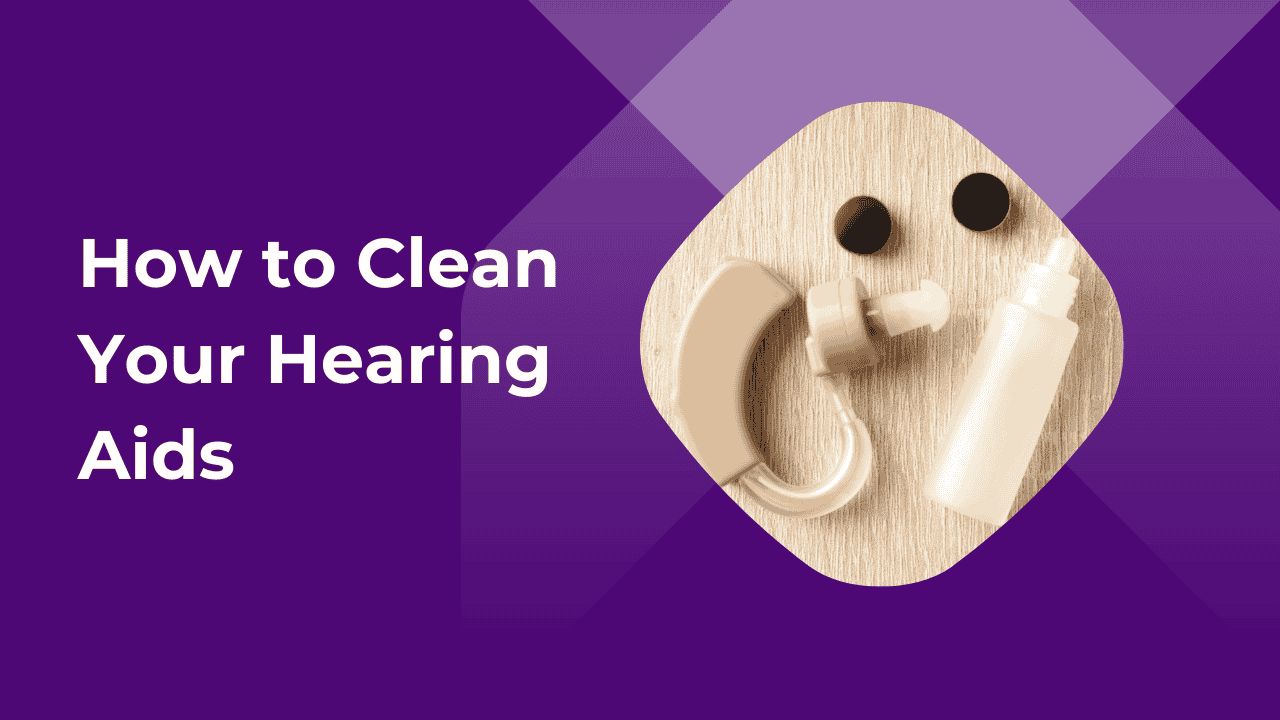Maintaining clean hearing aids is essential for ensuring optimal performance and longevity. Regular cleaning not only enhances their effectiveness but also prevents common issues that can arise from neglect. By following a structured cleaning routine and using the right tools, users can significantly extend the lifespan of their devices.
Importance of Regular Cleaning for Hearing Aids
Regular cleaning of hearing aids is crucial for several reasons. It helps prevent ear infections by reducing the buildup of earwax and debris that can harbor bacteria. Clean hearing aids also maintain clear sound quality, prevent mechanical issues caused by blockages, and ensure comfort and hygiene for the wearer.
Overview of Common Issues Caused by Unclean Hearing Aids
Unclean hearing aids can lead to various problems such as reduced sound clarity, distorted sound output, feedback or whistling noises, and discomfort due to ear irritation. These issues can affect the user’s ability to hear effectively and may necessitate costly repairs if left unresolved.
Gathering Your Cleaning Supplies
Before beginning the cleaning process, gather the necessary supplies to ensure thorough maintenance of your hearing aids:
- Essential Tools for Cleaning: Soft cloth or tissue, cleaning brush or tool, wax pick or loop, and cleaning solution recommended by the manufacturer (if applicable).
Daily Cleaning Routine
Performing daily cleaning ensures that your hearing aids remain in optimal condition. Follow these steps as part of your daily routine:
- Step-by-Step Guide to Daily Cleaning:
- Removing Earwax and Debris: Use a wax pick or loop to gently remove earwax and debris from the hearing aid openings and vents.
- Wiping Down the Hearing Aid Surfaces: Use a soft cloth or tissue to wipe down the exterior surfaces of the hearing aids to remove oils and dirt.
- Checking and Cleaning the Microphone and Receiver: Inspect the microphone and receiver for any blockages and gently clean them using a brush or tool provided.
- Tips for Maintaining Hygiene Throughout the Day:
- Avoid touching the hearing aid with dirty hands.
- Store hearing aids in a dry, clean place when not in use to prevent contamination.
Weekly Maintenance
In addition to daily cleaning, perform weekly maintenance to ensure thorough care of your hearing aids:
- Deep Cleaning Procedures:
- Removing Hearing Aid Tips and Domes: Detach tips and domes and clean them separately to prevent buildup.
- Cleaning with Mild Soap and Water (if applicable): Use a mild soap solution to clean the hearing aid casing and components, ensuring careful drying afterward.
- Drying and Inspecting for Damage: Allow the hearing aids to dry completely before reassembling. Inspect for any signs of damage or wear.
Special Considerations for Different Types of Hearing Aids
Different types of hearing aids require specific cleaning methods:
- Behind-the-Ear (BTE) Hearing Aids: Clean the tubing and ear hook regularly to maintain clear sound transmission. Pay attention to external components for dust and debris.
- In-the-Ear (ITE) and In-the-Canal (ITC) Hearing Aids: Clean custom molds and ventilation holes meticulously to prevent blockages and ensure proper fit.
Troubleshooting and Maintenance Tips
Address common issues and maintain optimal performance with these tips:
- Handling Moisture and Humidity: Use a hearing aid dehumidifier to absorb moisture and prevent damage from humidity.
- Dealing with Persistent Issues: Troubleshoot common problems like feedback or muffled sound by adjusting settings or seeking professional assistance promptly.
When to Seek Professional Cleaning and Maintenance
If cleaning at home does not resolve issues or if there is visible damage, it may be time to seek professional cleaning and maintenance services. Professional audiologists can conduct thorough inspections and repairs to ensure your hearing aids perform optimally.
Conclusion
Regular cleaning of hearing aids is essential for maintaining their functionality and hygiene. By incorporating these cleaning practices into your routine, you can enjoy clear, comfortable hearing and prolong the life of your devices. Develop a habit of cleaning your hearing aids regularly to reap the benefits of improved performance and overall satisfaction.





